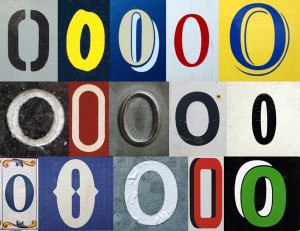 Because of the hype cycle, Big Data inevitably attracts dissenters who want to deflate a bit the lofty expectations that are built around new technologies that appear mystifying to those on the outside of the Silicon Valley machine. The first response is generally “so what?” and that there is nothing new here, just rehashing efforts like grid computing and Beowulf and whatnot. This skepticism is generally a healthy inoculation against aggrandizement and any kind of hangover from unmet expectations. Hence, the NY Times op-ed from April 6th, Eight (No, Nine!) Problems with Big Data should be embraced for enumerating eight or nine different ways that Big Data technologies, algorithms and thinking might be stretching the balloon of hope towards a loud, but ineffectual, pop.
Because of the hype cycle, Big Data inevitably attracts dissenters who want to deflate a bit the lofty expectations that are built around new technologies that appear mystifying to those on the outside of the Silicon Valley machine. The first response is generally “so what?” and that there is nothing new here, just rehashing efforts like grid computing and Beowulf and whatnot. This skepticism is generally a healthy inoculation against aggrandizement and any kind of hangover from unmet expectations. Hence, the NY Times op-ed from April 6th, Eight (No, Nine!) Problems with Big Data should be embraced for enumerating eight or nine different ways that Big Data technologies, algorithms and thinking might be stretching the balloon of hope towards a loud, but ineffectual, pop.
The eighth of the list bears some scrutiny, though. The authors, who I am not familiar with, focus on the overuse of trigrams in building statistical language models. And they note that language is very productive and that even a short sentence from Rob Lowe, “dumbed-down escapist fare,” doesn’t appear in the indexed corpus of Google. Shades of “colorless green ideas…” from Chomsky, but an important lesson in how to manage the composition of meaning. Dumbed-down escapist fare doesn’t translate well back-and-forth through German via the Google translate capability. For the authors, that shows the failure of the statistical translation methodology linked to Big Data, and ties in to their other concerns about predicting rare occurrences or even, in the case of Lowe’s quote, zero occurrences.
In reality, though, these methods of statistical translation through parallel text learning date to the late 1980s and reflect a distinct journey through ways of thinking about natural language and computing.… Read the rest